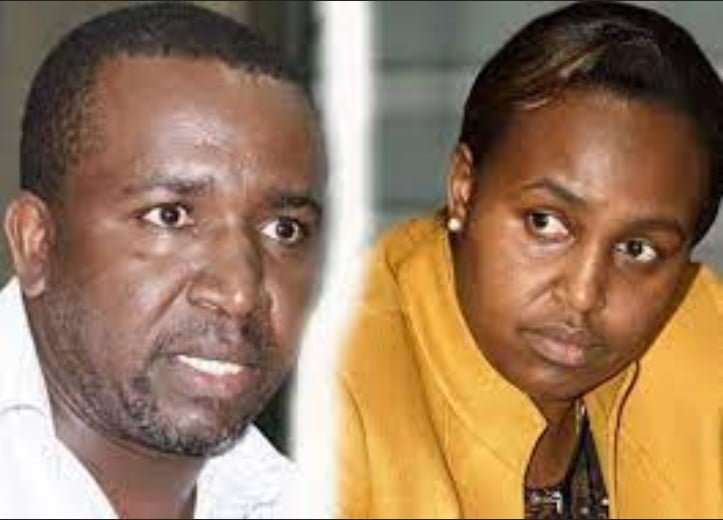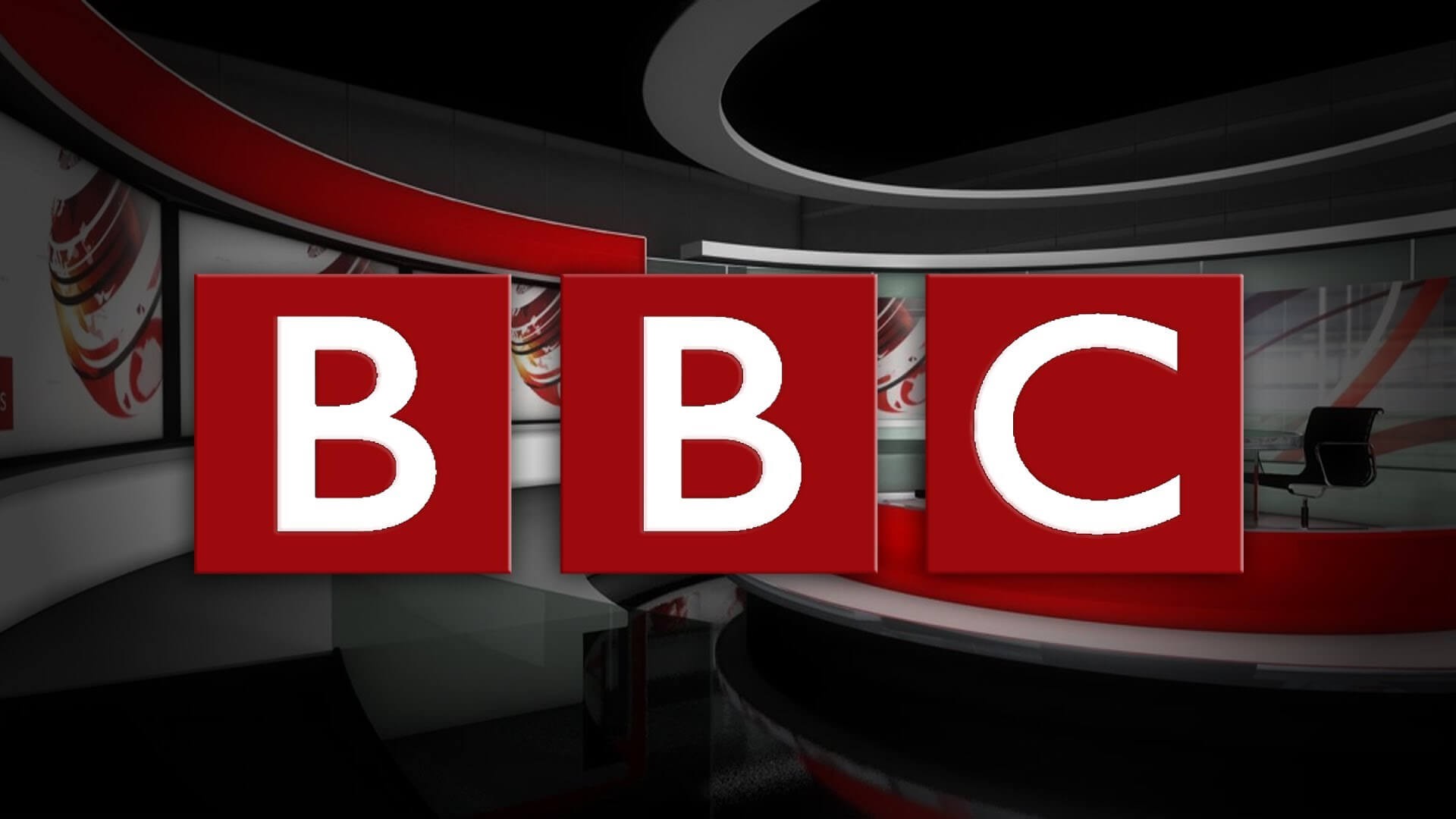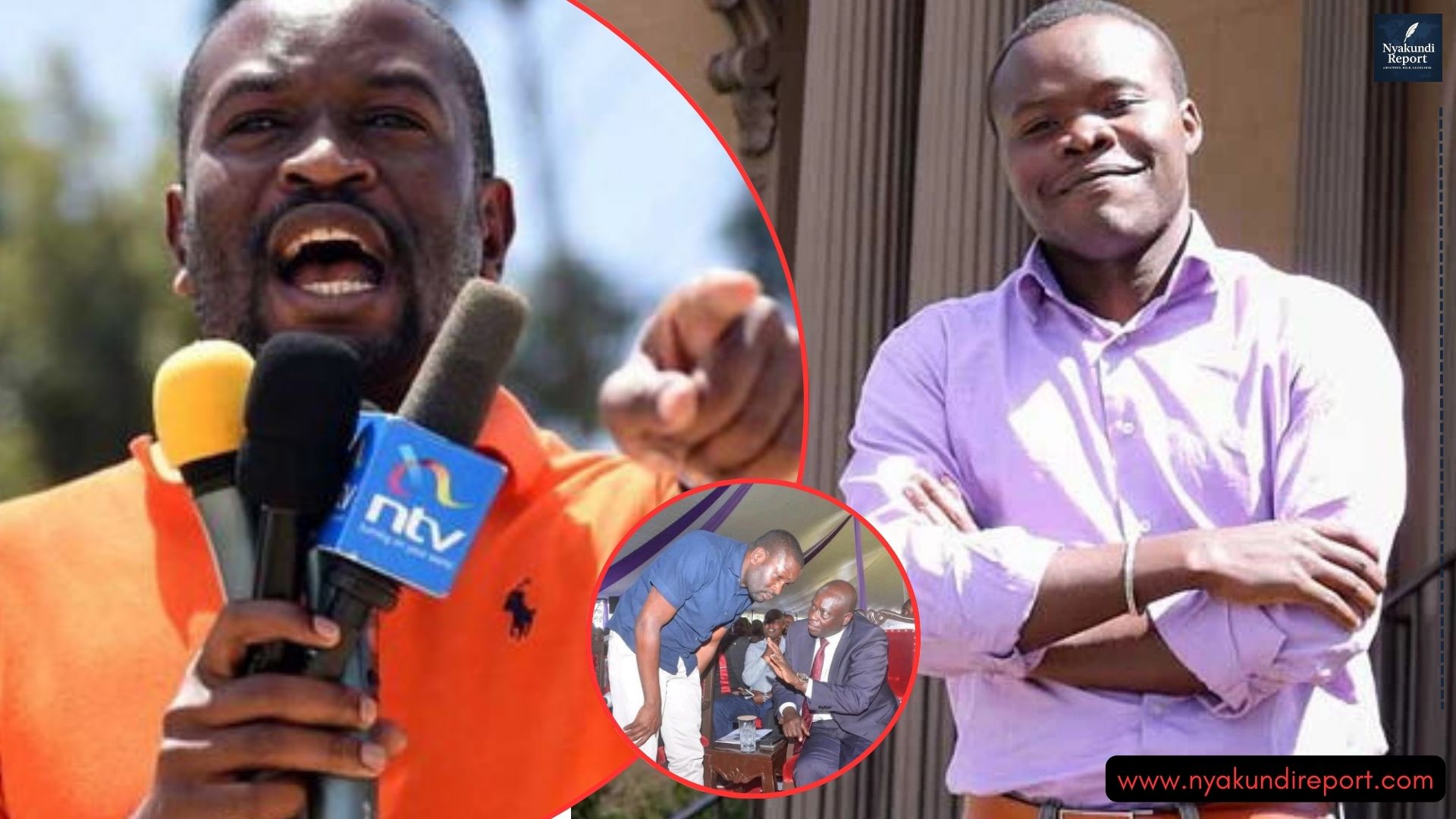The ruling United Democratic Alliance (UDA) and the Orange Democratic Movement (ODM) are set to pocket over Ksh1.2 billion in the latest government allocation.
A fresh notice from the Registrar of Political Parties shows how taxpayers’ money will be shared among 47 political outfits in the 2025/26 financial year.
The staggering figures cement the dominance of President William Ruto’s UDA and Raila Odinga’s ODM, raising questions about the fairness of the funding system that continues to sideline smaller political parties.

UDA and ODM Tighten Grip in Govt Allocation
The acting Registrar of Political Parties, Sophia Sitati, confirmed in a gazette notice dated September 12 that 47 parties will share the Political Parties Fund (PPF).
UDA, the party of President William Ruto, leads the pack with Ksh789 million. Its closest rival, ODM under Raila Odinga, will receive Ksh421 million. Together, these two giants will pocket more than half of the entire fund, cementing their grip on Kenya’s political future.
The only other party getting a nine-figure allocation is the Jubilee Party. Despite its reduced influence, the former ruling party has secured Ksh184 million. This proves that parties with past or present influence still dominate the PPF allocations, leaving the rest scrambling for crumbs.
Kalonzo Musyoka’s Wiper Democratic Movement will take home Ksh98 million. Eugene Wamalwa’s Democratic Action Party-Kenya (DAP-K) follows with Ksh43 million, while Moses Wetang’ula’s FORD-Kenya has secured Ksh35 million.
The United Democratic Movement (UDM) will pocket Ksh36 million, while KANU, once the country’s most dominant party, will receive Ksh32 million.

Small Parties Cry Foul Over Govt Allocation
While the heavyweights feast on billions, smaller parties are left fighting over scraps. Some will receive less than Ksh1 million, amounts that can barely sustain operational costs.
For instance, the Justice and Freedom Party of Kenya will get only Ksh378,785. The Grand Dream Development Party will receive Ksh638,442. With such figures, many of these parties will struggle to maintain even a modest office, let alone prepare for a national election.
This has triggered outrage among leaders of smaller parties. On September 10, National Liberal Party (NLP) leader Augustus Muli accused the system of being discriminatory and biased. He argued that out of the 91 registered political parties, only 47 are eligible for the PPF.
Muli further noted that the system locks out smaller outfits from building capacity and competing fairly against political giants with deep pockets. He warned that unless reforms are enacted, the 2027 general elections will be heavily skewed in favor of dominant parties.
The coalition of small parties has since petitioned Parliament to amend the Political Parties Act of 2011. Their demand is clear—review the formula so that every registered party receives some form of government funding.
Rising Political Tensions Ahead of 2027
The latest allocation adds fuel to the already charged political environment ahead of 2027. By granting billions to UDA and ODM, the government has effectively strengthened the financial war chests of the two parties expected to dominate the ballot.
President William Ruto’s UDA is already expanding aggressively nationwide, and with Ksh789 million in state funding, its campaign machinery will be unmatched. ODM, with Ksh421 million, remains the only opposition force with resources to mount a serious challenge.
For smaller parties, however, the picture looks bleak. With less than Ksh1 million in some cases, sustaining basic political operations will remain nearly impossible. This inequality risks reducing Kenya’s multiparty system into a two-horse race, killing the diversity that democracy demands.
Critics argue that taxpayers’ money should not entrench political dynasties but instead build a fair playing field where every registered party has a voice. The debate over government allocation of political funds is now set to become a major political issue in Parliament and across the country.











































